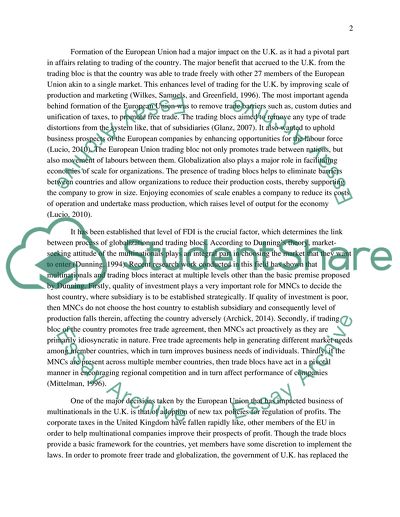Cite this document
(“Trading blocs and their influence on the globalisation of the Essay”, n.d.)
Retrieved from https://studentshare.org/marketing/1649307-trading-blocs-and-their-influence-on-the-globalisation-of-the-marketing-strategie
Retrieved from https://studentshare.org/marketing/1649307-trading-blocs-and-their-influence-on-the-globalisation-of-the-marketing-strategie
(Trading Blocs and Their Influence on the Globalisation of the Essay)
https://studentshare.org/marketing/1649307-trading-blocs-and-their-influence-on-the-globalisation-of-the-marketing-strategie.
https://studentshare.org/marketing/1649307-trading-blocs-and-their-influence-on-the-globalisation-of-the-marketing-strategie.
“Trading Blocs and Their Influence on the Globalisation of the Essay”, n.d. https://studentshare.org/marketing/1649307-trading-blocs-and-their-influence-on-the-globalisation-of-the-marketing-strategie.


